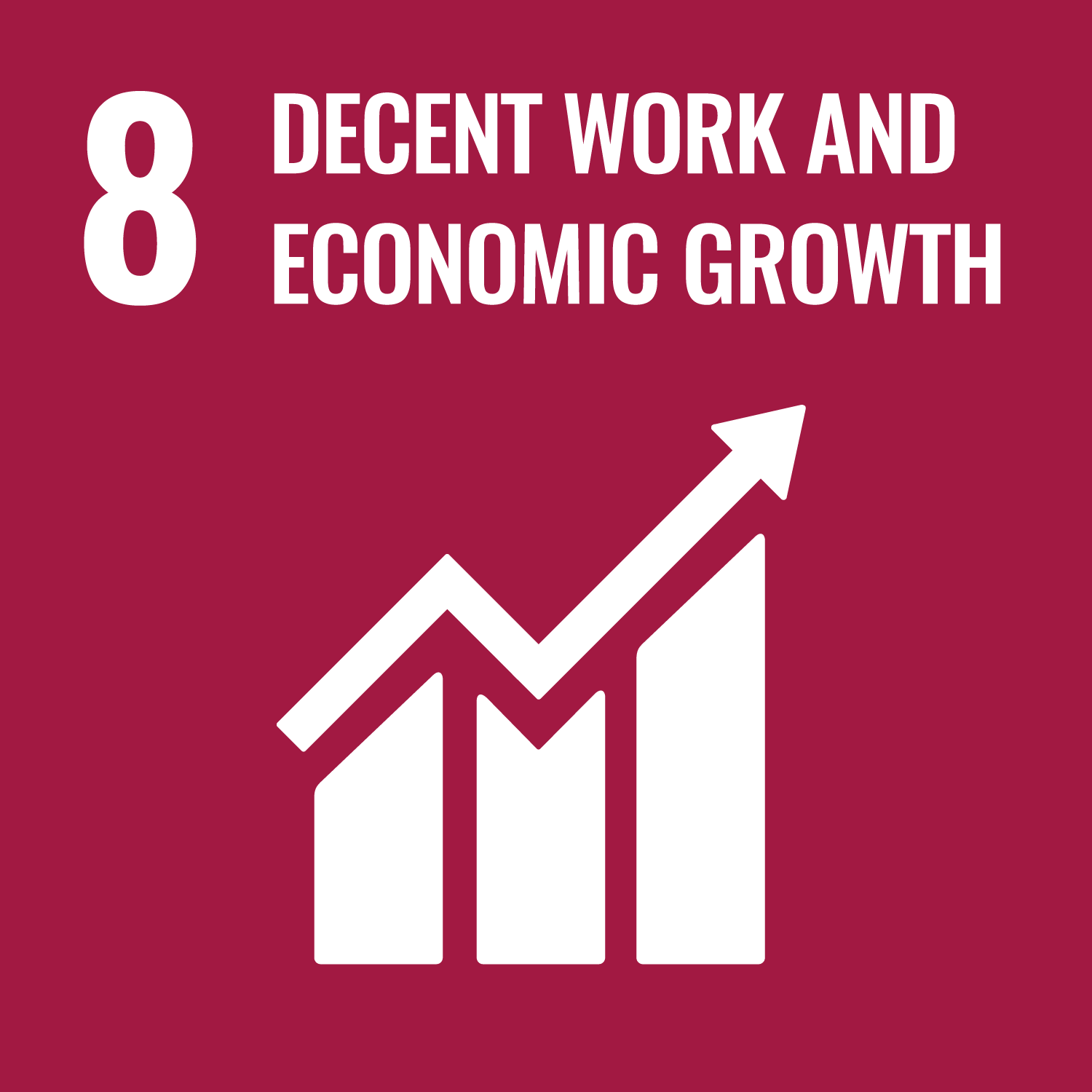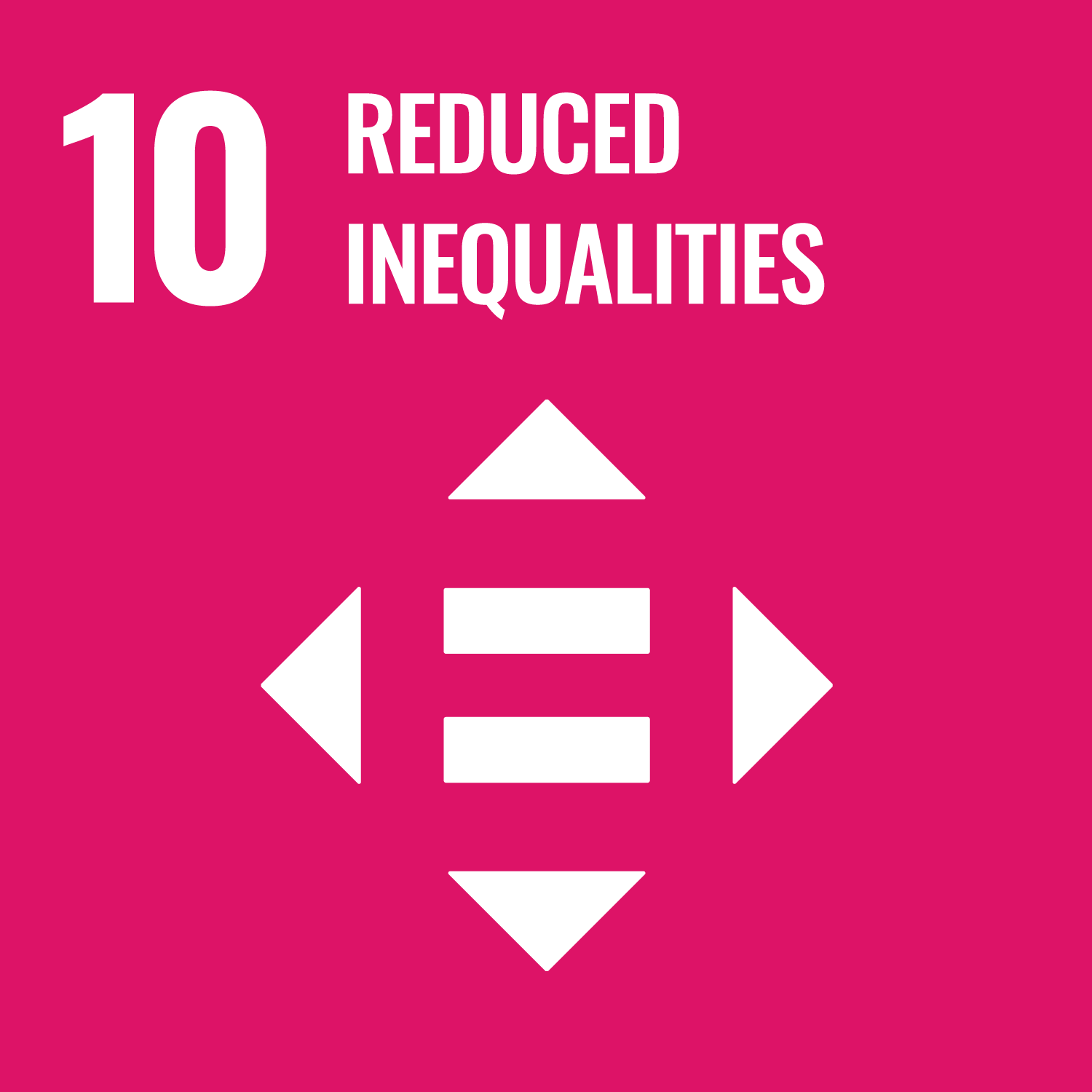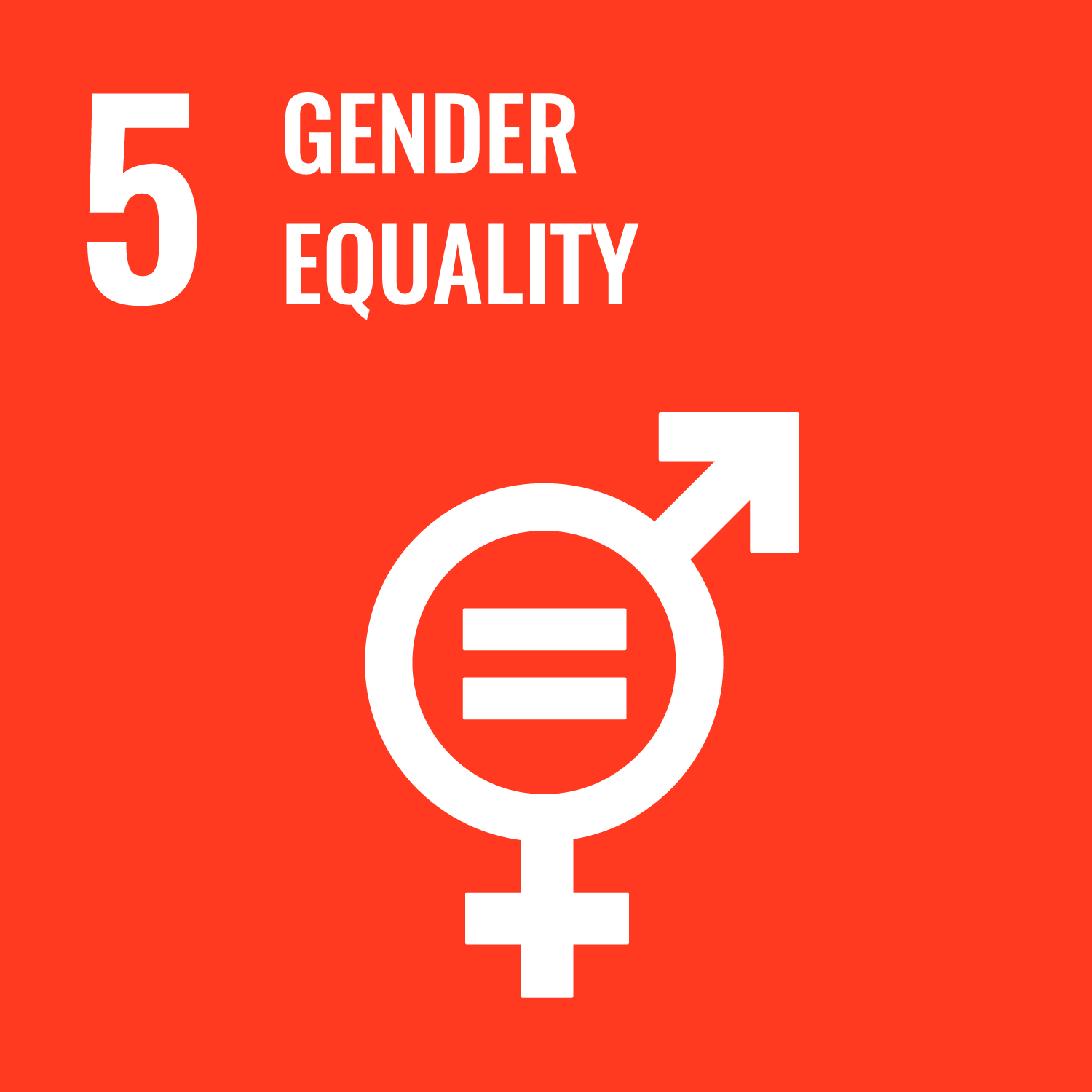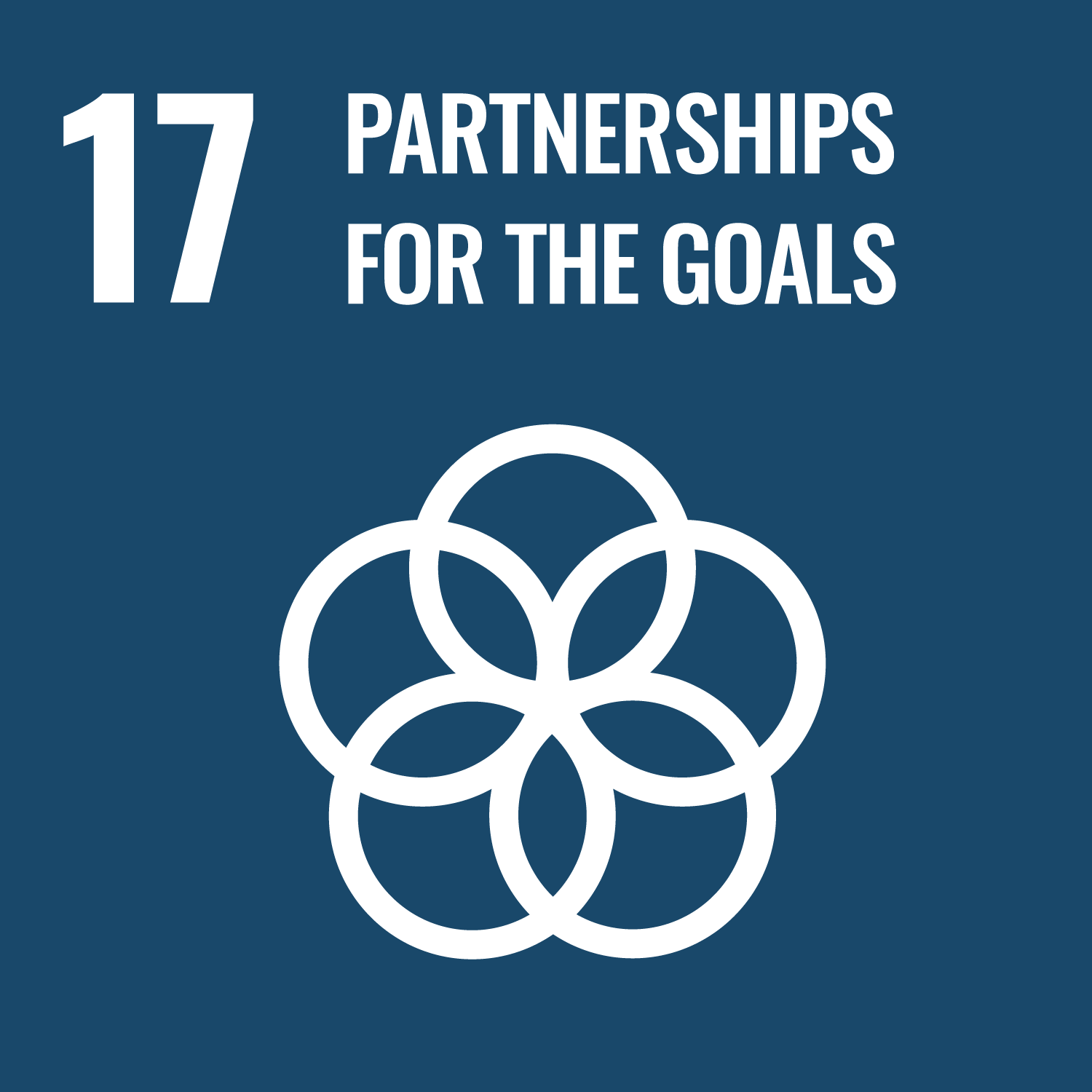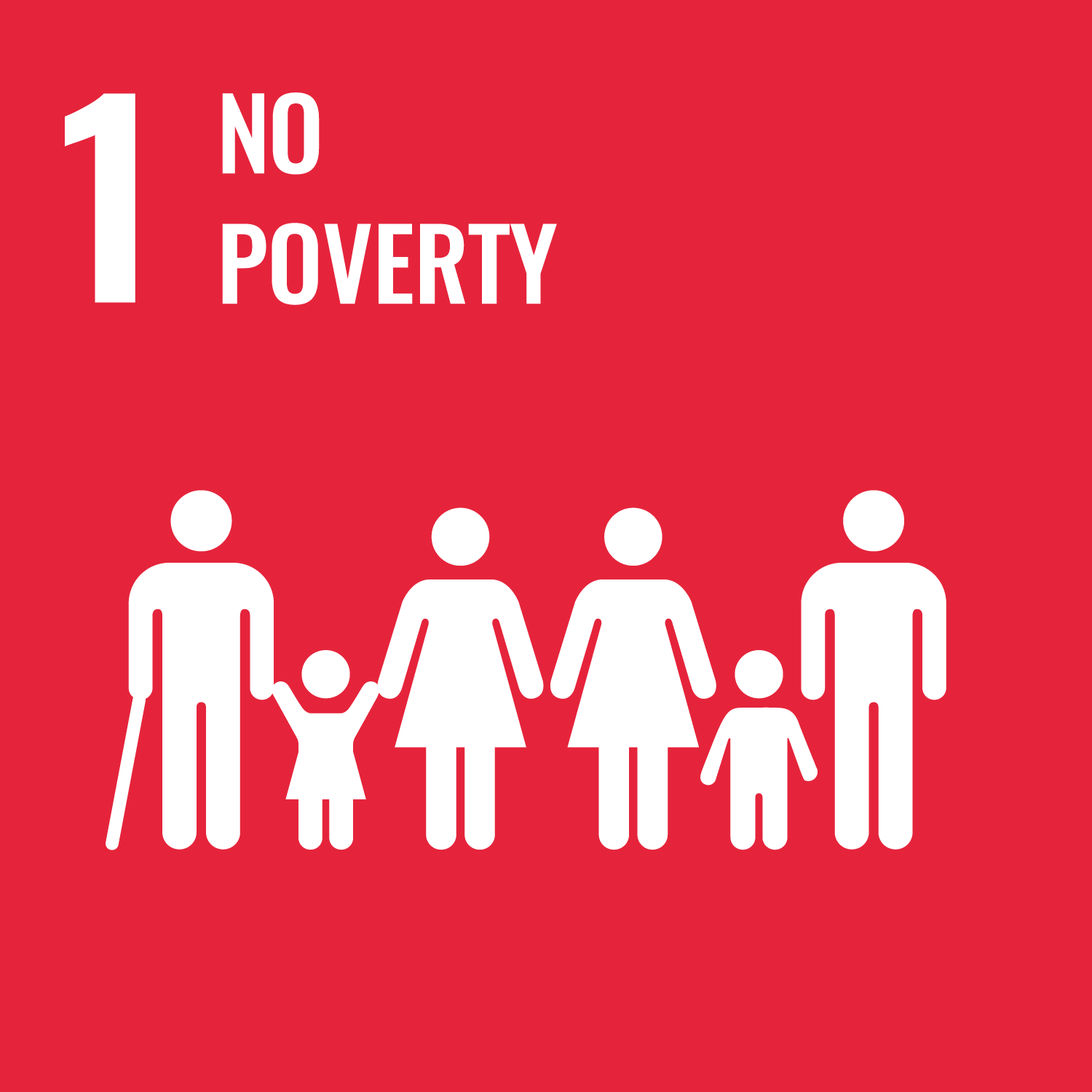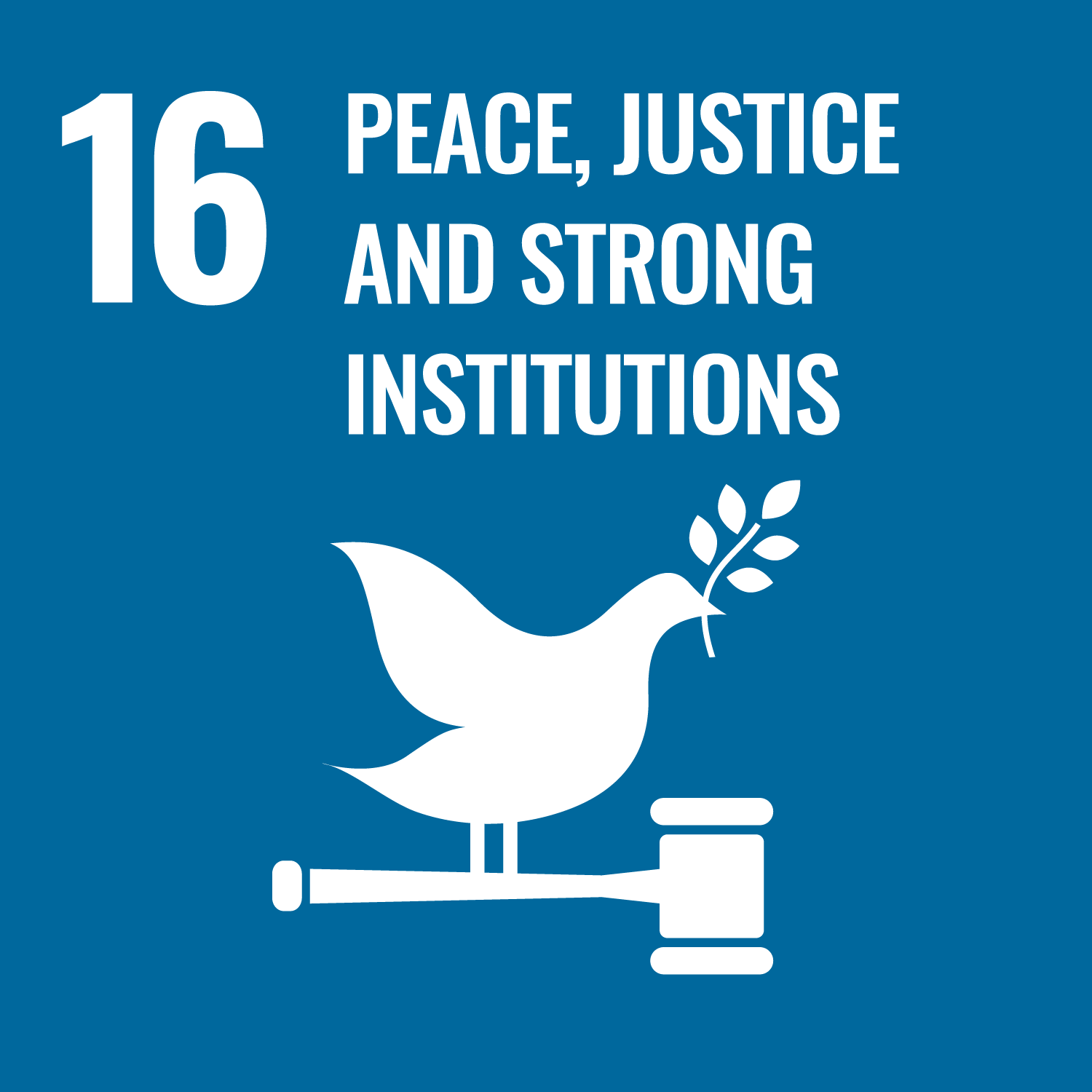 Organisation verified by Tadamon
Organisation verified by Tadamon
Universal Maidens Association Cameroon
- CSO Profile
- Campaigns
- Projects
- Events
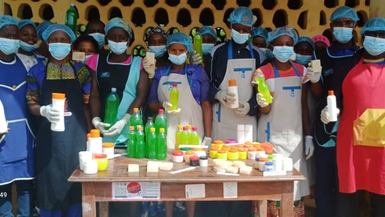
UNIMAC was founded in 2020 and obtained its authorisation on 29/10/2021. Our primary mission is empowering women and young girls(Maidens)to be self resilient.
Overview
Organisation type
Nonprofit organisation
Country of Registration
Annual Budget
25 000 - 100 000 USD
Scope
National
Field of Activities
Organisation Laguage
English
French
Contact
Contact
AMEH Maurice Ngwa
Website
Phone
+237677427322
EXECUTIVE ABSTRACT
Project Title: Empowerment and Livelihood Development for Vulnerable Girls and Women in Cameroon
ORGANISATION BACKGROUND:
Universal Maidens Association Cameroon abbreviated as (UNIMAC) was founded in 2020 and had its authorisation on 29/10/2021. One of UNIMAC's objectives is to bring together all maidens in Cameroon into a united force and contribute to efforts aimed at improving their living and working conditions and better discuss ways to promote their socio-economics empowerment, progress and growth for their well-being.
UNIMAC is affiliated with the network of actors of domestic work and related activities in Cameroon known as RENATRADOMC in partnership with the International Labour Organisation (ILO) Cameroon for decent work.
PROBLEM FACED
In Cameroon, gender-based violence (GBV) has been a significant challenge, affecting both conflict zones and nonconflicted areas. According to data from 2022, approximately 979,000 people needed GBV services, with 94 per cent of them being women and girls. Conflicts such as the fight against Boko Haram and the Anglophone conflict have intensified GBV, leading to increased sexual violence against women and girls.
Despite efforts to combat GBV, it persists due to cultural norms that favour male dominance and patriarchy. The United Nations Women (UN Women) and various organizations, such as the United Youths Organization (UYO), have worked to raise awareness, engage men and boys, and provide support for survivors of GBV
However, GBV is not limited to conflict zones alone. The prevalence of GBV includes domestic violence, emotional abuse, and sexual harassment in various settings, such as workplaces, schools, and public spaces. Addressing GBV requires understanding its root causes, changing societal norms, and ensuring adequate support systems for survivors.
The conflict has seen many young girls and women flee to other regions of the country where they are exploited and abused.
UNIMAC a non-profit organization, is committed to empowering vulnerable and marginalized individuals in Cameroon. The country is facing a humanitarian crisis due to the influx of internally displaced persons (IDPs) from the Northwest and Southwest regions into other regions, exacerbating the challenges of unemployment and gender-based violence (GBV) faced by young girls and women. UNIMAC aims to address these issues by creating pathways to financial independence and reducing the susceptibility of women and girls to exploitation through a comprehensive empowerment program.
PROJECT OBJECTIVES:
Skill Development:
· Objective: Offer practical skill development workshops in various fields such as tailoring, hairdressing, detergent production, Ankara and bead design.
· Importance: Equipping women and girls with practical skills promotes independence and provides alternative sources of income, thereby reducing their vulnerability to exploitation and providing a pathway to financial independence.
Business Management and Marketing Workshops:
· Objective: Provide training on finance management and strategic marketing to enhance entrepreneurship and business acumen among participants.
· Importance: Educating participants on business management and marketing empowers them to effectively manage their enterprises and promotes economic sustainability, reducing reliance on exploitative opportunities.
Gender-Based Violence Awareness:
· Objective: Conduct comprehensive workshops and seminars to educate participants about their rights and the impact of gender-based violence, while linking them to support resources.
· Importance: Raising awareness about gender-based violence empowers women and girls to recognize, report, and protect themselves from exploitative situations, fostering a safer and more resilient community.
Community Engagement and Support:
· Objective: Collaborate with local authorities, community leaders, and employers to create a supportive environment for the economic and social integration of vulnerable girls and women.
· Importance: Foster local support and engagement to create safer work environments, promote economic opportunities, and reduce vulnerabilities to exploitation within the community.
Resource Mobilization:
· Objective: Empower participants with resource mobilization workshops, teaching them to make effective use of available resources.
· Importance: Equipping participants with resource management skills ensures they can sustain their businesses independently, reducing dependency and susceptibility to exploitative situations.
Monitoring and Evaluation:
· Objective: Develop a robust monitoring and evaluation framework to assess the impact of the program and the progress of participants.
· Importance: Regular monitoring ensures the program's effectiveness, facilitates necessary adjustments, and measures long-term success in reducing vulnerabilities and increasing financial independence.
IMPLEMENTATION and ACTIVITY PLAN
The training program will span 12 months (1 year), followed by a one-month mentorship phase and community engagement every 3 months. Mobilization will take place one month before the project starts. The project will be spread out over three regions throughout the year. The project provides a variety of training at the disposal of the beneficiaries with the possibility for each participant to learn more than one skill.
With the small team available to run the project, UNMAC will be collaborating with specialists in the targeted regions for supervision and execution of the project.
Main Activities of the Project:
Ø Training Workshops:
· Tailoring workshops
· Hairdressing workshops
· Detergent production workshops
· Ankara design workshops
· Bead design workshops
· Finance management workshops
· Strategic marketing workshops
Ø Mentorship Program:
· Selection of proactive participants as supervisors and mentors to provide guidance and support to others
Ø Resource Mobilization Workshops:
· Empower participants on utilizing available resources effectively for their business endeavours
Ø Business Setup and Promotion:
· Provide startup resources and support for participants to commence their businesses
· Assistance in marketing their products through updated website and social media visibility
Ø Gender-Based Violence Awareness Program:
· Comprehensive workshops and seminars focused on educating participants about their rights and available support services
· Radio podcasts and talk shows on GBV and women’s empowerment programs for community outreach
Ø Community Engagement:
· Collaboration with local authorities, community leaders, and employers to create a supportive environment for economic and social integration of vulnerable girls and women
Ø Database Creation:
· Development of databases for victims, potential domestic workers, and employers to facilitate monitoring and assistance in cases of abuse and exploitation
Ø Risk Mitigation Strategy:
· Development and implementation of a comprehensive risk mitigation plan to address potential challenges that may arise during project activities
Ø Evaluation and Impact Assessment:
· Surveys and impact assessments to measure the success and impact of the project
· Recording the number of participants who become entrepreneurs after the training
Ø Training Program Duration:
· Hands-on training programs in liquid soap production, business management, and marketing, spanning 2-3 months
Ø Mentorship Phase:
· One-month mentorship program offering continuous guidance and support to participants as they progress with their businesses
Ø Community Engagement:
· Regular community engagement activities every 3 months, fostering involvement and support from local stakeholders
BENEFICIARIES (TARGET GROUP)
The beneficiaries of the project are the underprivileged young girls and women residing in the Northwest and Southwest regions and IDPS in the Central region. This includes young girls and women in the age range of 18 to 40 years.
We are targeting to train a minimum of 500 young girls and women with the hope of recruiting five from each community as leaders and supervisors in their communities.
We are going to hire professionals in the different fields. The project is segmented into 3.
This training will be divided into two sessions and each session has three phases, the first phase for each session be for theoretical analyses the second phase will be on practical work awhile the third phase third phase will be on marketing each session will have seventy-five (75) or fifty (50) young girls and women to be trained, this is for a better follow-up and limited training space available.
PROJECT SUSTAINABILITY
To ensure the success and sustainability of the project, UNIMAC will provide startup resources to participants, focusing on resource mobilisation workshops that empower them to utilize available resources. Proactive participants will be selected as supervisors and mentors to others.
The organisation will also seek to create visibility for the products through updates on its website and social media platforms, assisting participants in marketing their products.
UNIMAC is continually seeking partnerships and support through grant writing and project proposals.
UNIMAC is also engaged in the agricultural field where it is invested in farming and poultry through which it can generate income for its activities.
Risk Mitigation, Budget, and Financial Assistance:
UNIMAC will develop a comprehensive risk mitigation strategy to address potential challenges that may arise. The proposed budget will include expenses for training, materials, marketing, and outreach efforts. The organization is seeking financial assistance, as well as material and equipment donations, to support the successful implementation of the project.
Monitoring and Evaluation:
Monitoring and evaluation will be an integral part of the project, aiming to measure the success and impact of the program. This will involve creating a database for victims, registering potential domestic workers, and establishing a database for employers, which would be pivotal in alerting authorities in the event of abuse and exploitation.
The project plans to utilize multiple media outlets such as talk shows, TV stations, and radio podcasts on GBV to create awareness and facilitate mobilization for the program.
Monitoring Activities
1. Regular onsite visits to training sessions to assess the quality and effectiveness of the vocational training.
2. Tracking attendance and engagement levels of the beneficiaries in the training sessions.
3. Continuous engagement with the trainers and project staff for progress updates and to address any emerging issues or challenges.
4. Periodic review meetings with stakeholders and local community representatives to gather feedback and assess community impact.
Evaluation Activities
1. Pre-and-post training assessments to measure the knowledge and skills gained by the beneficiaries after each training session.
2. Surveys and interviews with trained beneficiaries to evaluate the long-term impact of the training, focusing on aspects like financial stability, employment status, and empowerment.
3. Assessing the potential for integrating trained beneficiaries as future trainers and collecting feedback on their training experience.
4. Regular data collection on economic indicators to measure the project's impact on poverty reduction, unemployment, and economic development in the community.
RISK AND MITIGATION
Risk
The risks associated with a training program for maidens include:
1. Abusive employers preventing their participation,
2. Disruptions from employers,
3. Distant participants residing far from the training centre
4. Participants with tight schedules not attending,
5. Refusal of authorization from a senior officer,
6. Lack of funds,
7. Potential impact on training quality due to exceeding participant expectations,
8. Power cuts.
Mitigation
To mitigate these risks, steps should be taken such as;
1. Discussing the rights of the maidens with their employers,
2. Obtaining permission from the appropriate authority,
3. Subsidizing transport for distant participants,
4. Acclimating participants with tight schedules,
5. Notifying authorities in advance to secure permission
6. Fundraising or adjusting the program based on available funds,
7. Scheduling participants according to their availability,
8. Having a backup generator ready in case of power cuts.
Conclusion:
The project's primary goal is to foster economic empowerment for vulnerable girls and women in the Central Region of Cameroon, reducing their susceptibility to exploitation and advancing their socio-economic well-being. The multi-faceted approach, encompassing skills training, gender-based violence awareness, community engagement, and economic resources, aims to create a sustainable and lasting impact on the lives of the participants.
UNIMAC is committed to creating a safe and supportive environment, empowering vulnerable girls and women toward financial independence and a future free from gender-based violence.
